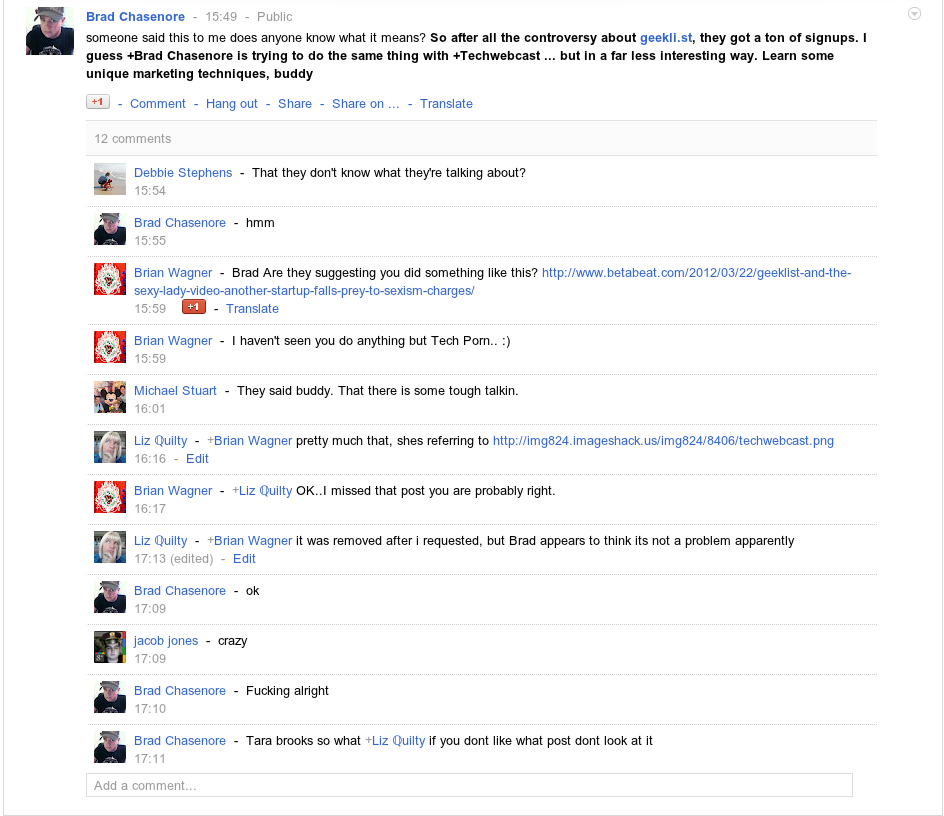If you are preparing for a career in IT or are new to IT, many of the �dirty little secrets� listed below may surprise you because we don�t usually talk about them out loud. If you are an IT veteran, you�ve probably encountered most of these issues and have a few of your own to add � and please, by all means, take a moment to add them to the discussion. Most of these secrets are aimed at network administrators, IT managers, and desktop support professionals. This list is not aimed at developers and programmers � they have their own set of additional dirty little secrets � but some of these will apply to them as well.
10.) The pay in IT is good compared to many other professions, but since they pay you well, they often think they own you
Although the pay for IT professionals is not as great as it was before the dot-com flameout and the IT backlash in 2001-2002, IT workers still make very good money compared to many other professions (at least the ones that require only an associate�s or bachelor�s degree). And there is every reason to believe that IT pros will continue to be in demand in the coming decades, as technology continues to play a growing role in business and society. However, because IT professionals can be so expensive, some companies treat IT pros like they own them. If you have to answer a tech call at 9:00 PM because someone is working late, you hear, �That�s just part of the job.� If you need to work six hours on a Saturday to deploy a software update to avoid downtime during business hours, you get, �There�s no comp time for that since you�re on salary. That�s why we pay you the big bucks!�
9.) It will be your fault when users make silly errors
Some users will angrily snap at you when they are frustrated. They will yell, �What�s wrong with this thing?� or �This computer is NOT working!� or (my personal favorite), �What did you do to the computers?� In fact, the problem is that they accidentally deleted the Internet Explorer icon from the desktop, or unplugged the mouse from the back of the computer with their foot, or spilled their coffee on the keyboard.
8.) You will go from goat to hero and back again multiple times within any given day
When you miraculously fix something that had been keeping multiple employees from being able to work for the past 10 minutes � and they don�t realize how simple the fix really was � you will become the hero of the moment and everyone�s favorite employee. But they will conveniently forget about your hero anointment a few hours later when they have trouble printing because of a network slowdown � you will be enemy No. 1 at that moment. But if you show users a handy little Microsoft Outlook trick before the end of the day, you�ll soon return to hero status.
7.) Certifications won�t always help you become a better technologist, but they can help you land a better job or a pay raise
Headhunters and human resources departments love IT certifications. They make it easy to match up job candidates with job openings. They also make it easy for HR to screen candidates. You�ll hear a lot of veteran IT pros whine about techies who were hired based on certifications but who don�t have the experience to effectively do the job. They are often right. That has happened in plenty of places. But the fact is that certifications open up your career options. They show that you are organized and ambitious and have a desire to educate yourself and expand your skills. If you are an experienced IT pro and have certifications to match your experience, you will find yourself to be extremely marketable. Tech certifications are simply a way to prove your baseline knowledge and to market yourself as a professional. However, most of them are not a good indicator of how good you will be at the job.
6.) Your nontechnical co-workers will use you as personal tech support for their home PCs
Your co-workers (in addition to your friends, family, and neighbors) will view you as their personal tech support department for their home PCs and home networks. They will e-mail you, call you, and/or stop by your office to talk about how to deal with the virus that took over their home PC or the wireless router that stopped working after the last power outage and to ask you how to put their photos and videos on the Web so their grandparents in Iowa can view them. Some of them might even ask you if they can bring their home PC to the office for you to fix it. The polite ones will offer to pay you, but some of them will just hope or expect you can help them for free. Helping these folks can be very rewarding, but you have to be careful about where to draw the line and know when to decline.�
5.) Vendors and consultants will take all the credit when things work well and will blame you when things go wrong
Working with IT consultants is an important part of the job and can be one of the more challenging things to manage. Consultants bring niche expertise to help you deploy specialized systems, and when everything works right, it�s a great partnership. But you have to be careful. When things go wrong, some consultants will try to push the blame off on you by arguing that their solution works great everywhere else so it must be a problem with the local IT infrastructure. Conversely, when a project is wildly successful, there are consultants who will try to take all of the credit and ignore the substantial work you did to customize and implement the solution for your company.
4.) You�ll spend far more time babysitting old technologies than implementing new ones
One of the most attractive things about working in IT is the idea that we�ll get to play with the latest cutting edge technologies. However, that�s not usually the case in most IT jobs. The truth is that IT professionals typically spend far more time maintaining, babysitting, and nursing established technologies than implementing new ones. Even IT consultants, who work with more of the latest and greatest technologies, still tend to work primarily with established, proven solutions rather than the real cutting edge stuff.
3.) Veteran IT professionals are often the biggest roadblock to implementing new technologies
A lot of companies could implement more cutting edge stuff than they do. There are plenty of times when upgrading or replacing software or infrastructure can potentially save money and/or increase productivity and profitability. However, it�s often the case that one of the largest roadblocks to migrating to new technologies is not budget constraints or management objections; it�s the veteran techies in the IT department. Once they have something up and running, they are reluctant to change it. This can be a good thing because their jobs depend on keeping the infrastructure stable, but they also use that as an excuse to not spend the time to learn new things or stretch themselves in new directions. They get lazy, complacent, and self-satisfied.
2.) Some IT professionals deploy technologies that do more to consolidate their own power than to help the business
Another subtle but blameworthy thing that some IT professionals do is select and implement technologies based on how well those technologies make the business dependent on the IT pros to run them, rather than which ones are truly best for the business itself. For example, IT pros might select a solution that requires specialized skills to maintain instead of a more turnkey solution. Or an IT manager might have more of a Linux/UNIX background and so chooses a Linux-based solution over a Windows solution, even though the Windows solution is a better business decision (or, vice versa, a Windows admin might bypass a Linux-based appliance, for example). There are often excuses and justifications given for this type of behavior, but most of them are disingenuous.
1.) IT pros frequently use jargon to confuse nontechnical business managers and hide the fact that they screwed up
All IT pros � even the very best � screw things up once in a while. This is a profession where a lot is at stake and the systems that are being managed are complex and often difficult to integrate. However, not all IT pros are good at admitting when they make a mistake. Many of them take advantage of the fact that business managers (and even some high-level technical managers) don�t have a good understanding of technology, and so the techies will use jargon to confuse them (and cover up the truth) when explaining why a problem or an outage occurred. For example, to tell a business manager why a financial application went down for three hours, the techie might say, �We had a blue screen of death on the SQL Server that runs that app. Damn Microsoft!� What the techie would fail to mention was that the BSOD was caused by a driver update he applied to the server without first testing it on a staging machine.





